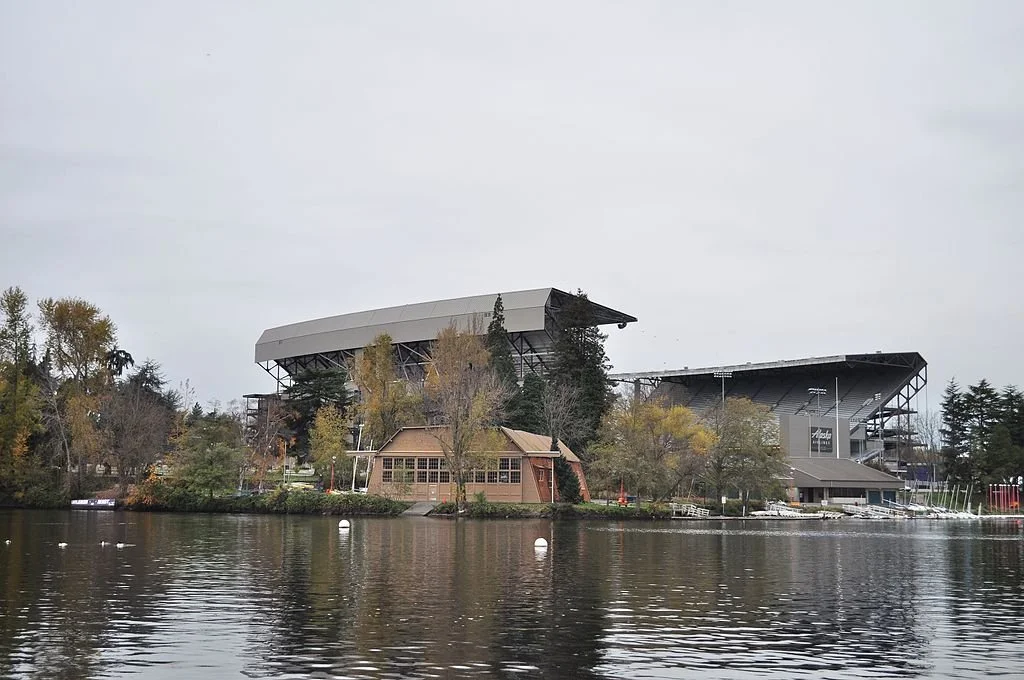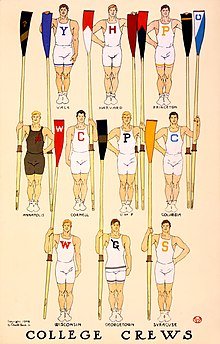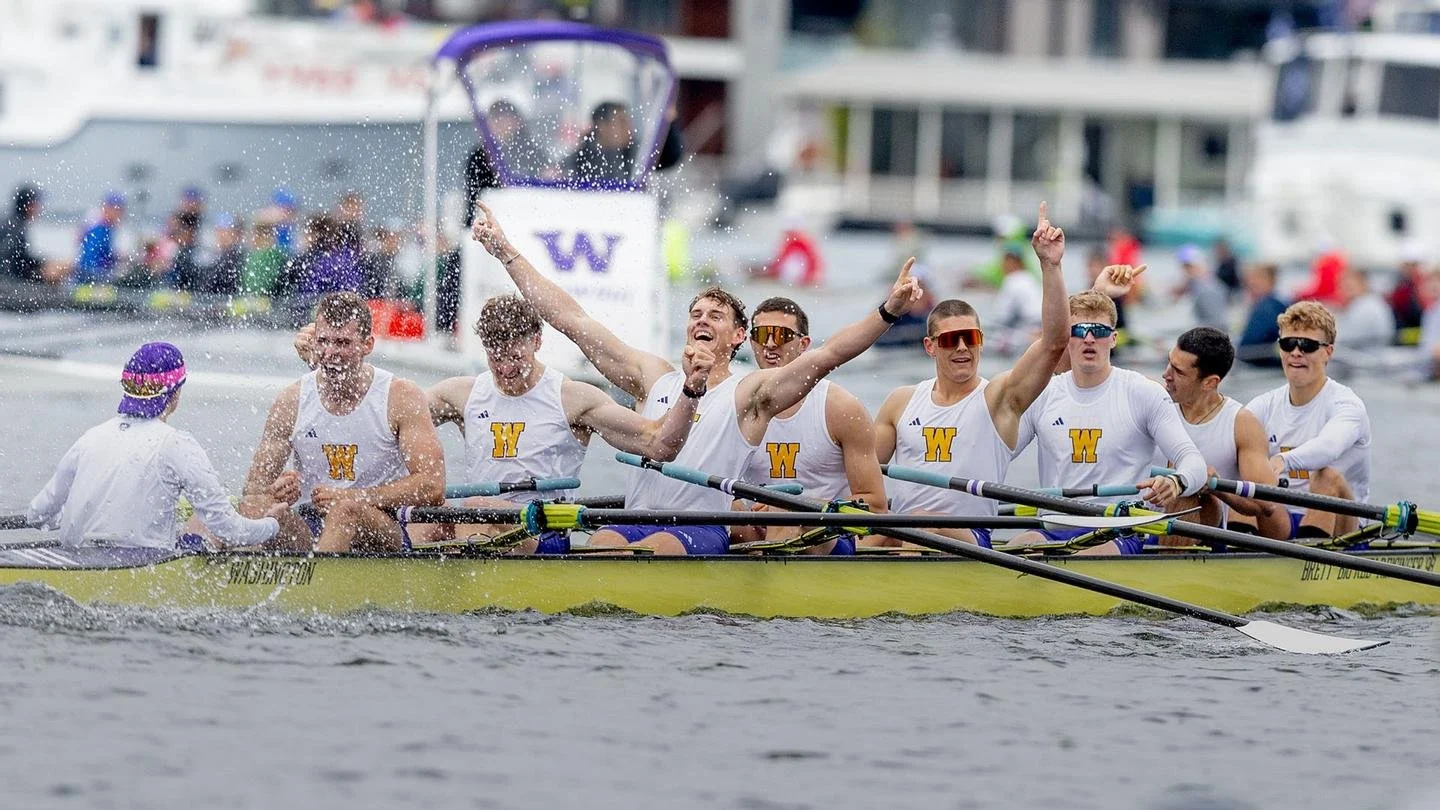What college should I go to?
Deciding where to go to college is a big life decision and one it's worth taking your time to consider. In this blog, we discuss what topics to base this decision on. We hope this is a useful resource, and if you have any questions about college rowing recruited or how to get recruited for rowing, then feel free to reach out here.
A great place to start when choosing what college to study at could be the world university rankings. These rankings are compiled using a number of factors to help students decide where to study. To find the ranking of the best college rowing teams, row2k is a good place to start. The cMAX rankings uses the race results through the year to compare U.S. rowing colleges between the different conferences.
Ranking is a good place to start, but won’t tell you everything about the different rowing programs and universities. When choosing the best university for you it’s important to look at the following:
Academics
Prioritize education when selecting a school. Ask yourself if you would still choose this school even if you weren't an athlete. Explore what the school offers beyond athletics. Consider factors such as available majors and potential career paths. Keep a second option in mind, as it's common for students to switch majors in college.
Location
America is a huge country with many different opportunities and climates. When deciding on a location for college it's important to think about where you would like to call home for the next four years. Focus on personal growth and how you would adapt to new surroundings. Consider climate preferences and whether you would be best suited to a campus or an urban university. Since Covid many universities offer online virtual tours, which are a useful tool for getting a feel for a university before making a visit.
Type of School
Decide if you prefer a small or large school. Visit campuses and attend classes to gauge your comfort level. Consider the size of lecture classes and the atmosphere of the surrounding area. Evaluate city vs. country environment, and the sense of "home" on campus. Reflect on the importance of diversity and whether you want to live on or off-campus.
The old University of Washington men’s crew boathouse as featured in “The Boys in the Boat”
Rowing Program
Create a list of questions to guide your college and team research. Clarify your goals for college athletics, whether it's to help you pursue an Olympic ambition or to enjoy the experience while studying. Assess team performance, speak to current athletes, and consider the quality of sports facilities and competition opportunities. The coaches at the school you set your heart on will play a big role in your college experience. It’s important to ask yourself the question: would I like to be coached by / row for these coaches for four years?
Rowing Scholarships
U.S. rowing scholarships are huge compared to anywhere else in the world and can massively reduce tuition fees. However, not all U.S. colleges offer rowing scholarships, so understanding who can offer scholarships is vital. Consider your family's financial capacity to help inform your decision about if you need a rowing scholarship. Compare expected family contributions and financial aid options across schools. Evaluate the overall affordability, including personal expenses, and be aware of scholarship conditions. Support Services: Look into support services provided by each university such as academic advising, career counseling, tutoring, health services, and extracurricular opportunities. Most universities have financial aid calculators, which help you decide how affordable going to the university will be. These services can greatly impact your college experience and success.
Safety School
We recommend evaluating potential safety schools using the same criteria outlined in this article. Having a safety school when applying to U.S. universities is essential for ensuring options and security in the college admissions process. It provides a fallback plan and increases the likelihood of securing admission to a suitable institution, acknowledging the competitiveness of the process.
Remember, it's essential to thoroughly research and assess each of these topics before making a final decision. Don’t feel like you are making this decision alone; speak to friends, family, alumni, and school coaches. The more you talk through a decision, the clearer it becomes.












Our comprehensive guide to U.S. college rowing. We highlight how to follow the racing, some key information about rowing in the U.S. and the college’s that offer scholarships.